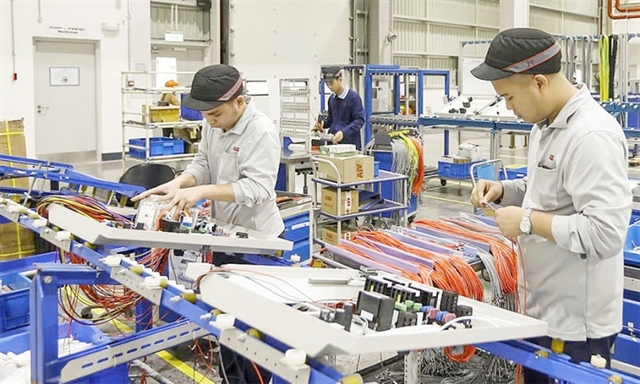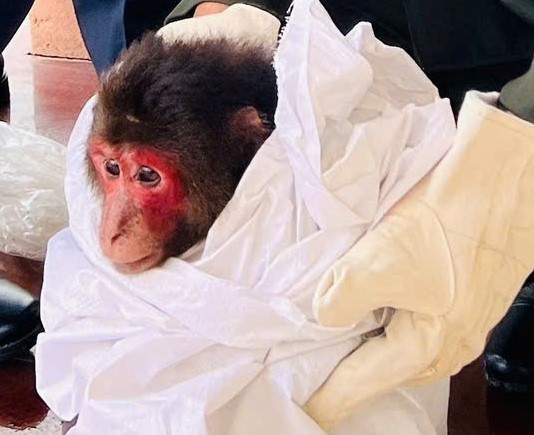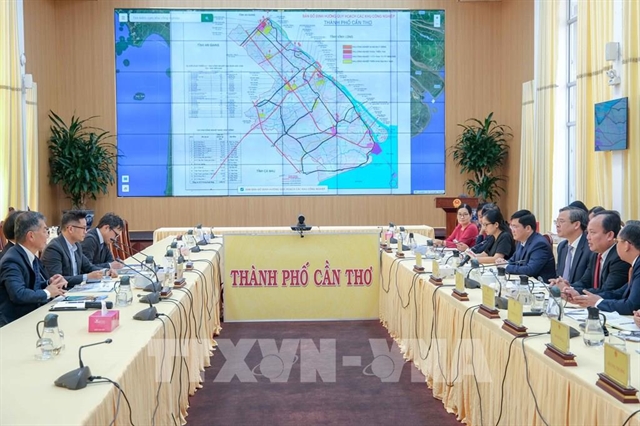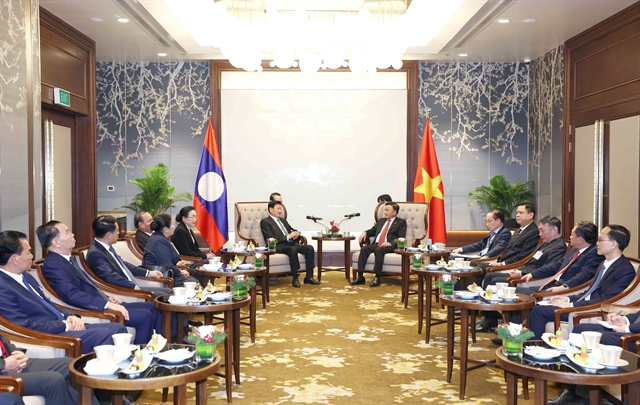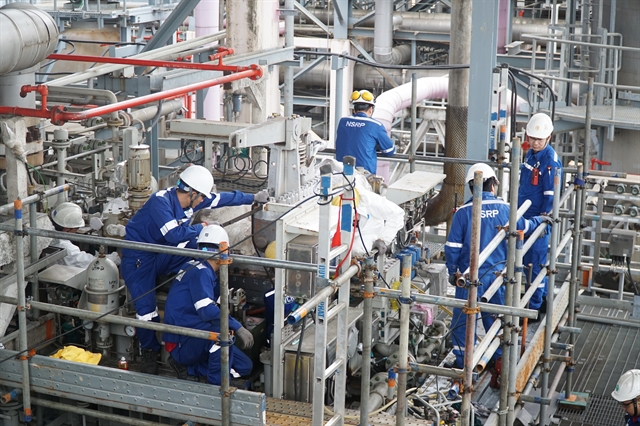 bizhub
bizhub
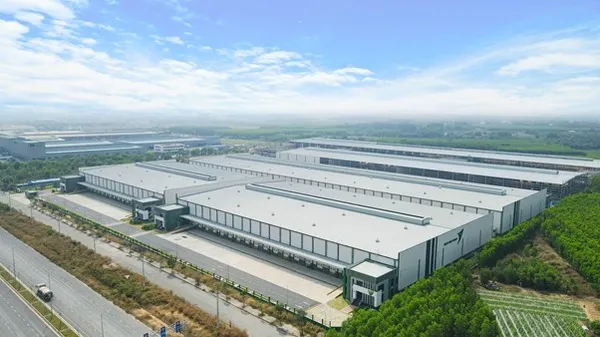
Foreign investment is needed to address the capital shortage in the production of textile and garment materials in Việt Nam. In fact, to meet the demand for clothes and ancillary materials for outsourcing enterprises by 2025, Việt Nam needs some US$22 billion invested in textile and dyeing, the Vietnam News Agency reported.
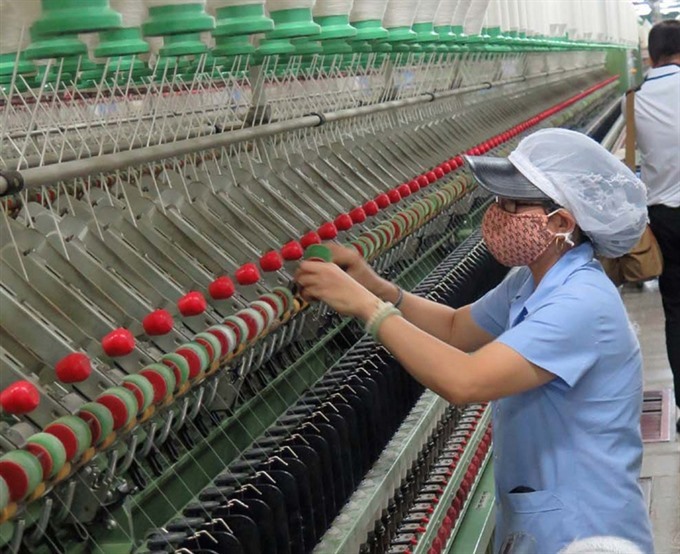 |
| A worker at the Huế Textile and Garment Joint Stock Company. – VNA/VNS Photo |
HCM CITY – Foreign investment is needed to address the capital shortage in the production of textile and garment materials in Việt Nam. In fact, to meet the demand for clothes and ancillary materials for outsourcing enterprises by 2025, Việt Nam needs some US$22 billion invested in textile and dyeing, the Vietnam News Agency reported.
Textile and garment is Viet Nam’s third largest export sector, with turnover reaching $28 billion last year. However, the country has not been proactive in obtaining raw material. As a result, to reach its export turnover, the textile and garment sector consumed 8.9 billion sq.m. of cloth, of which domestic factories were able to produce only 2.8 billion sq.m., while six billion sq.m. of cloth was imported, worth $17 billion.
According to Nguyễn Văn Tuấn, chairman of the Việt Nam Cotton and Spinning Association (VCOSA), apart from financial potential, foreign textile corporations also have a lot of experience in developing a synchronous production chain of textile, fiber, weaving, dyeing and design.
This would be an opportunity for Vietnamese garment enterprises to access and learn technologies and strategies for long-term development, he told VNA.
Phạm Xuân Hồng, chairman of the HCM City Association of Garment Textile Embroidery-Knitting (Agtek), said the country’s participation in free trade agreements (FTAs) had contributed to the development of both the commercial value and internal strength of the Vietnamese textile and garment industry.
In terms of foreign investors, VNA quoted Sunny Huang, executive director of New Wide Group, as saying Việt Nam has a lot of potential to attract textile and garment investment. Besides an abundant labour force and low cost of living, Việt Nam also has infrastructure and transport network advantages, and the electricity and water supplies are better than in some other countries in the region, he added.
However, many argue that in the long run, Việt Nam’s textile and garment industry should not just attract foreign investors. but should also focus on high quality human resource training for the industry’s development.
According to Nguyễn Hồng Giang, director of Sao Việt Consulting JSC, associations, enterprises and training institutions should work closely for the development of professional criteria and skills for the textile and garment industry in general, and for weaving and dyeing in particular.
In addition, businesses should invest in the construction of training facilities and enable students to practice at factories so that they can meet the employers’ requirements immediately after graduation, Giang said. — VNS

